Mostly Mute Monday: Marvelous Mars
The highest-resolution panorama ever taken by a rover illuminates unprecedented detail of the red planet’s surface.
“Studying whether there’s life on Mars or studying how the universe began, there’s something magical about pushing back the frontiers of knowledge. That’s something that is almost part of being human, and I’m certain that will continue.” –Sally Ride
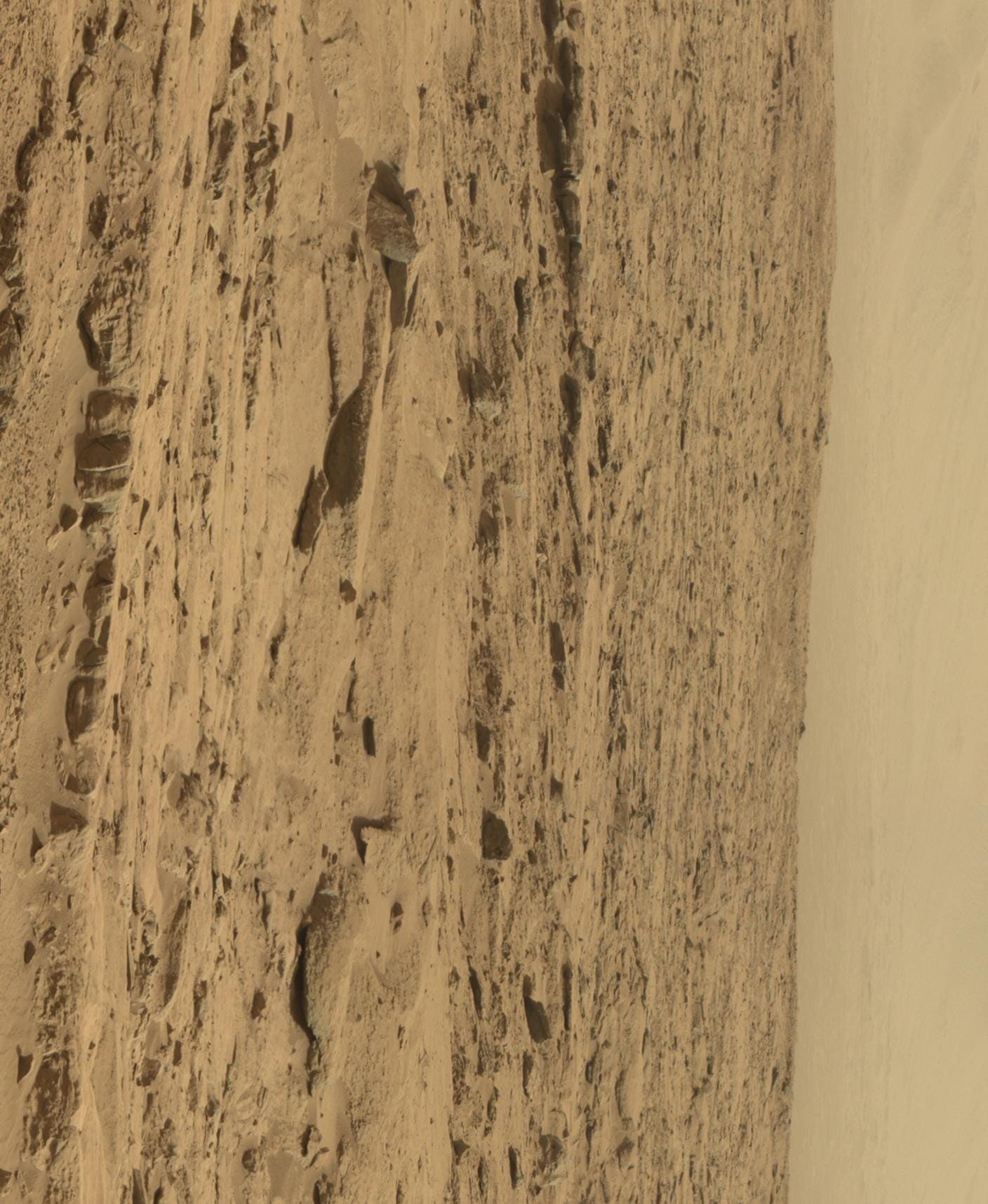

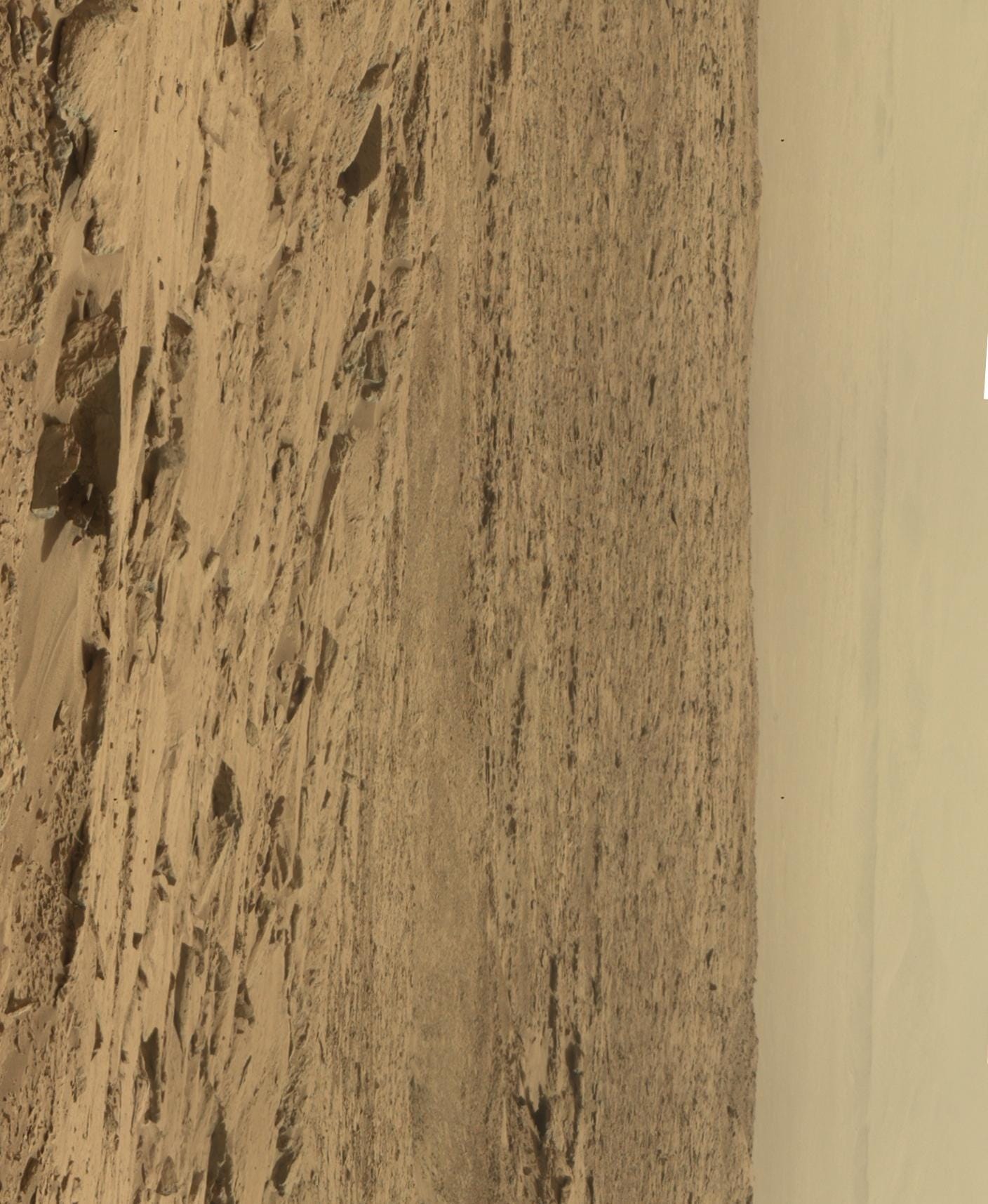
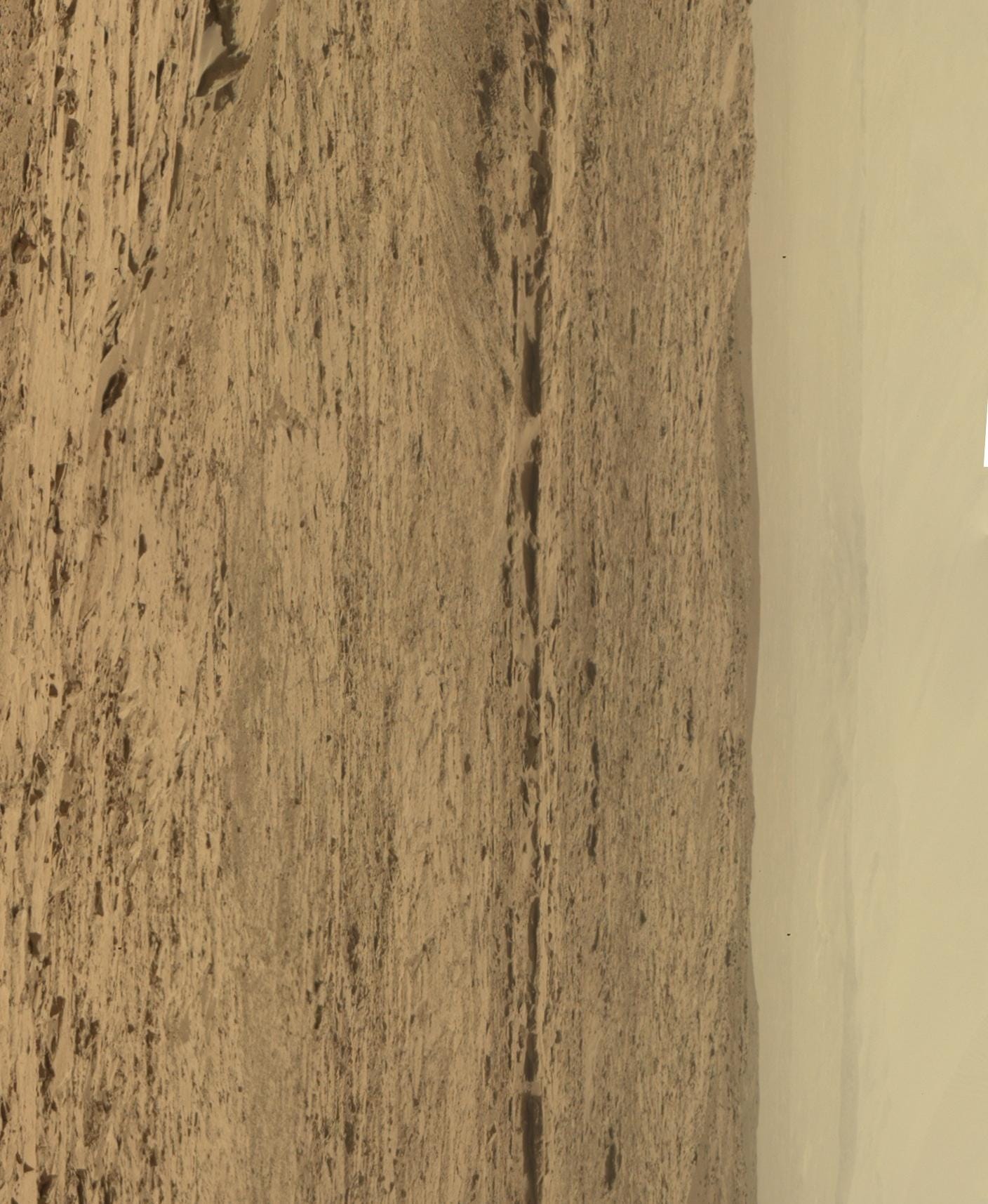
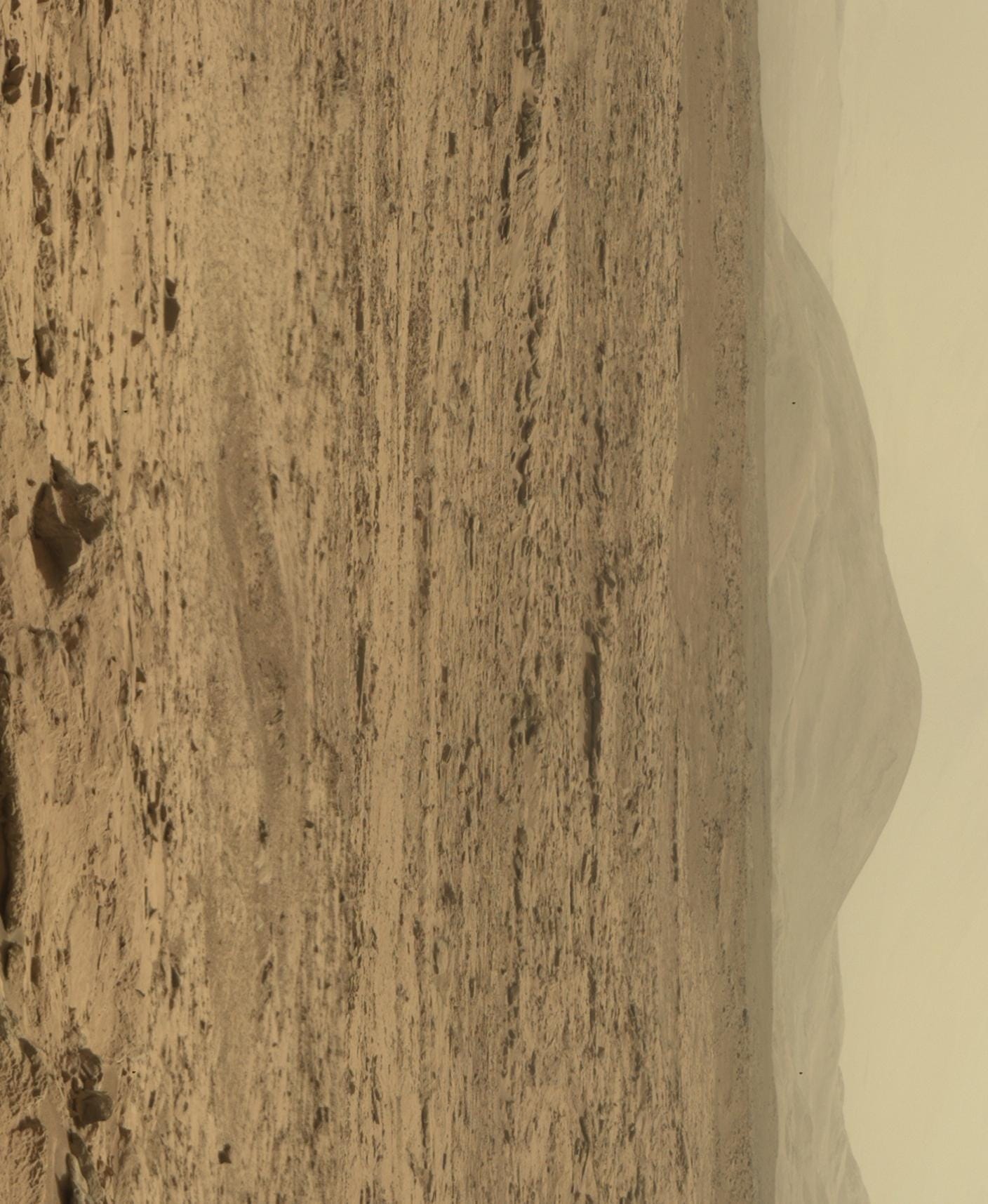
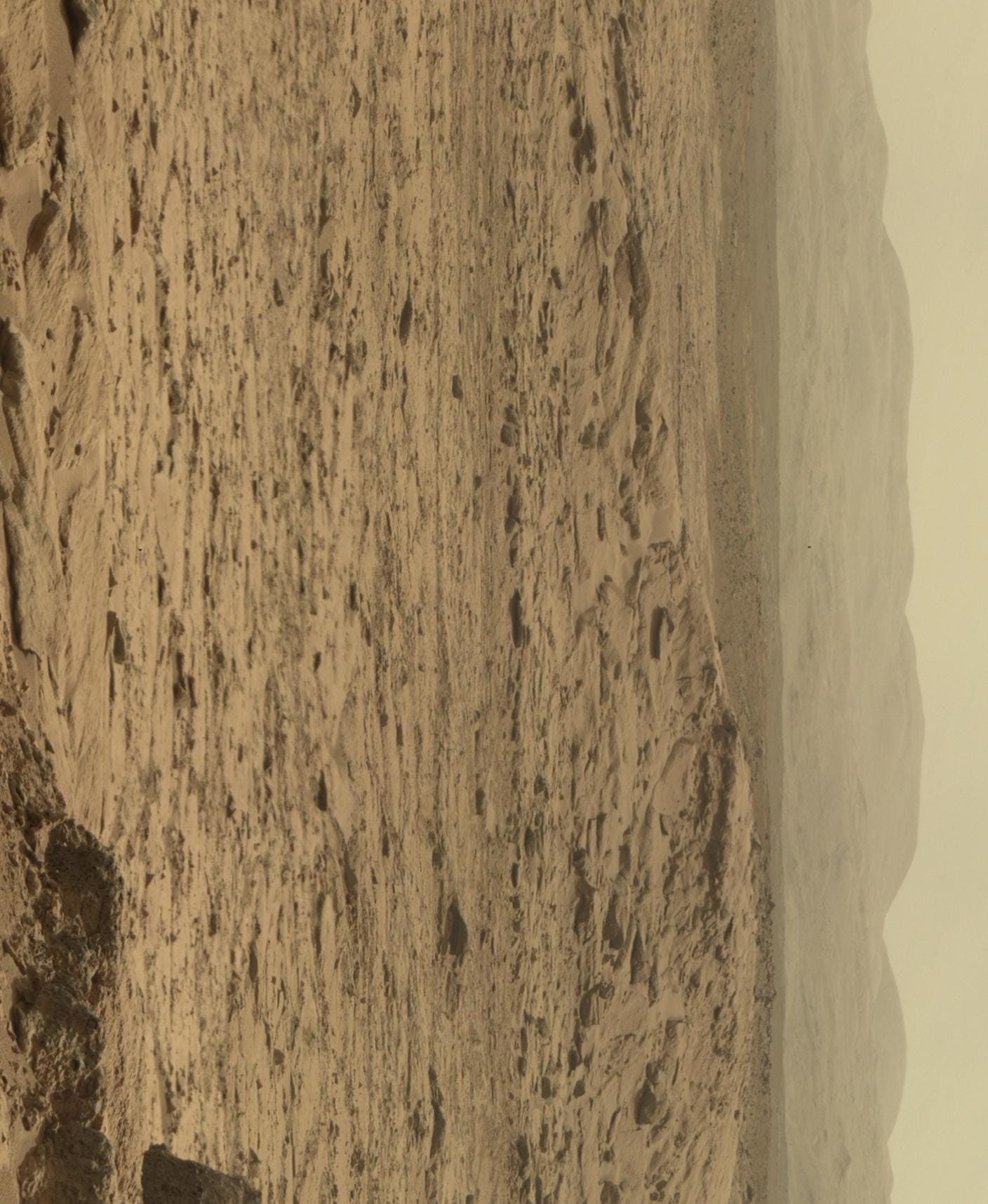
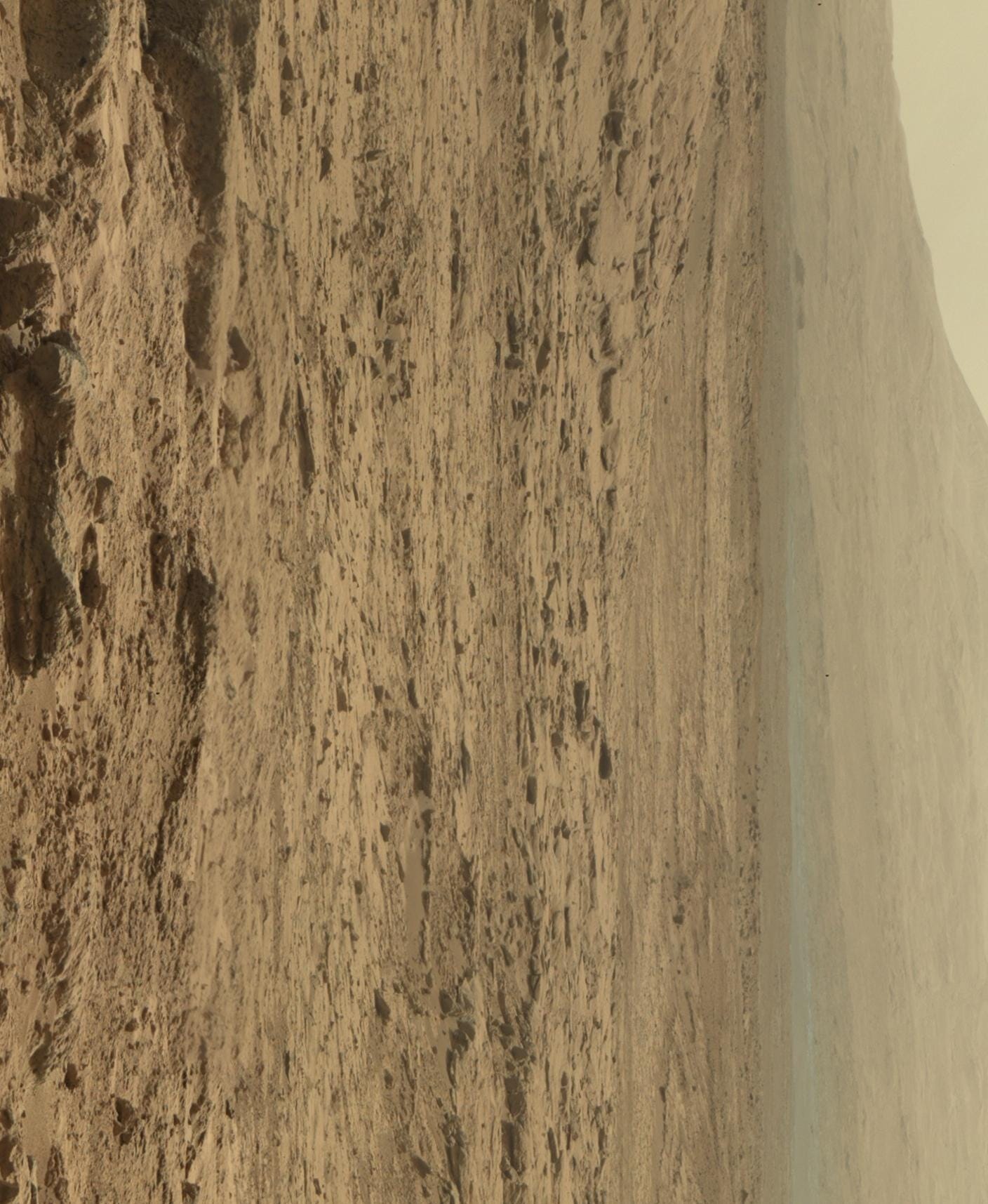
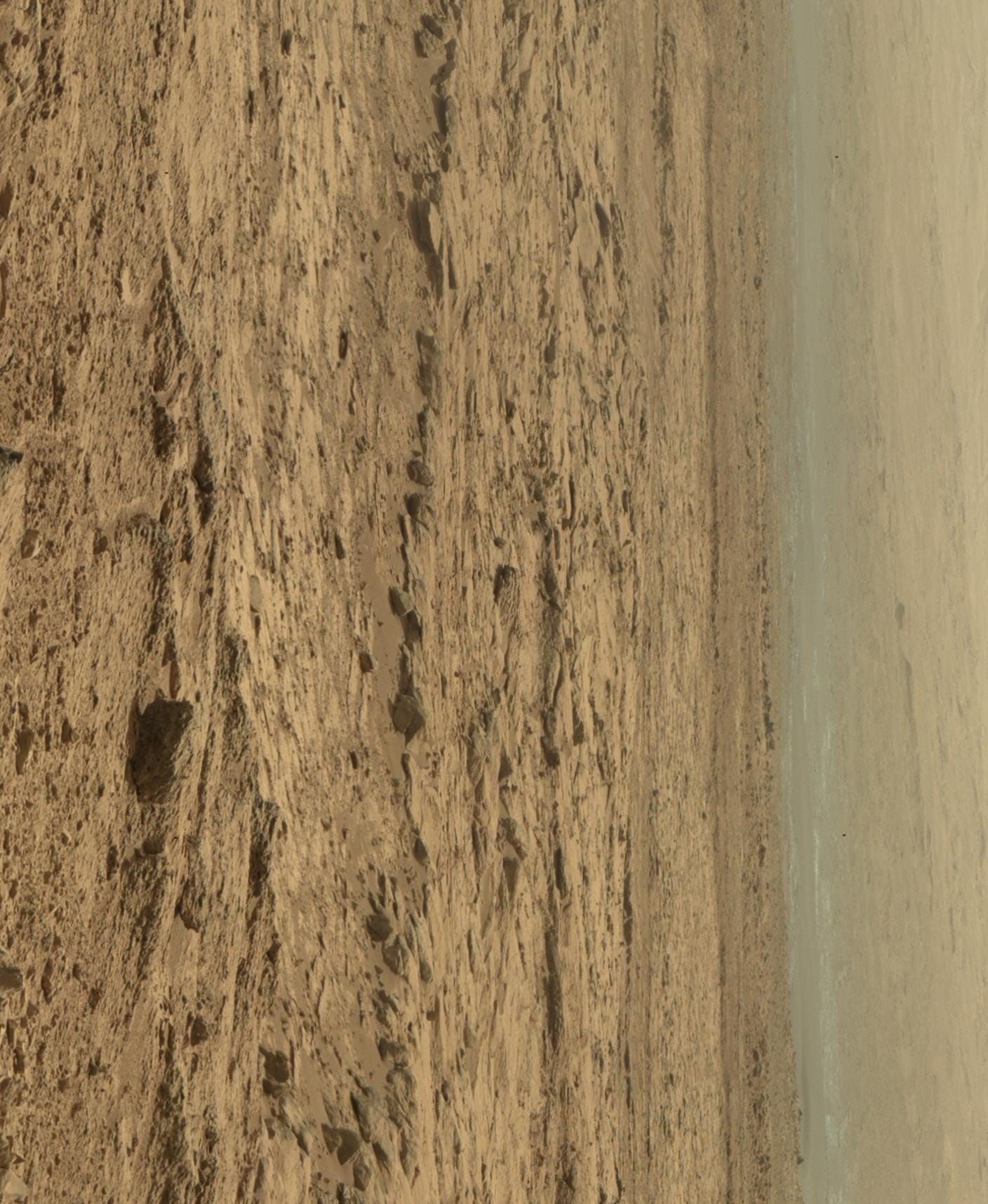
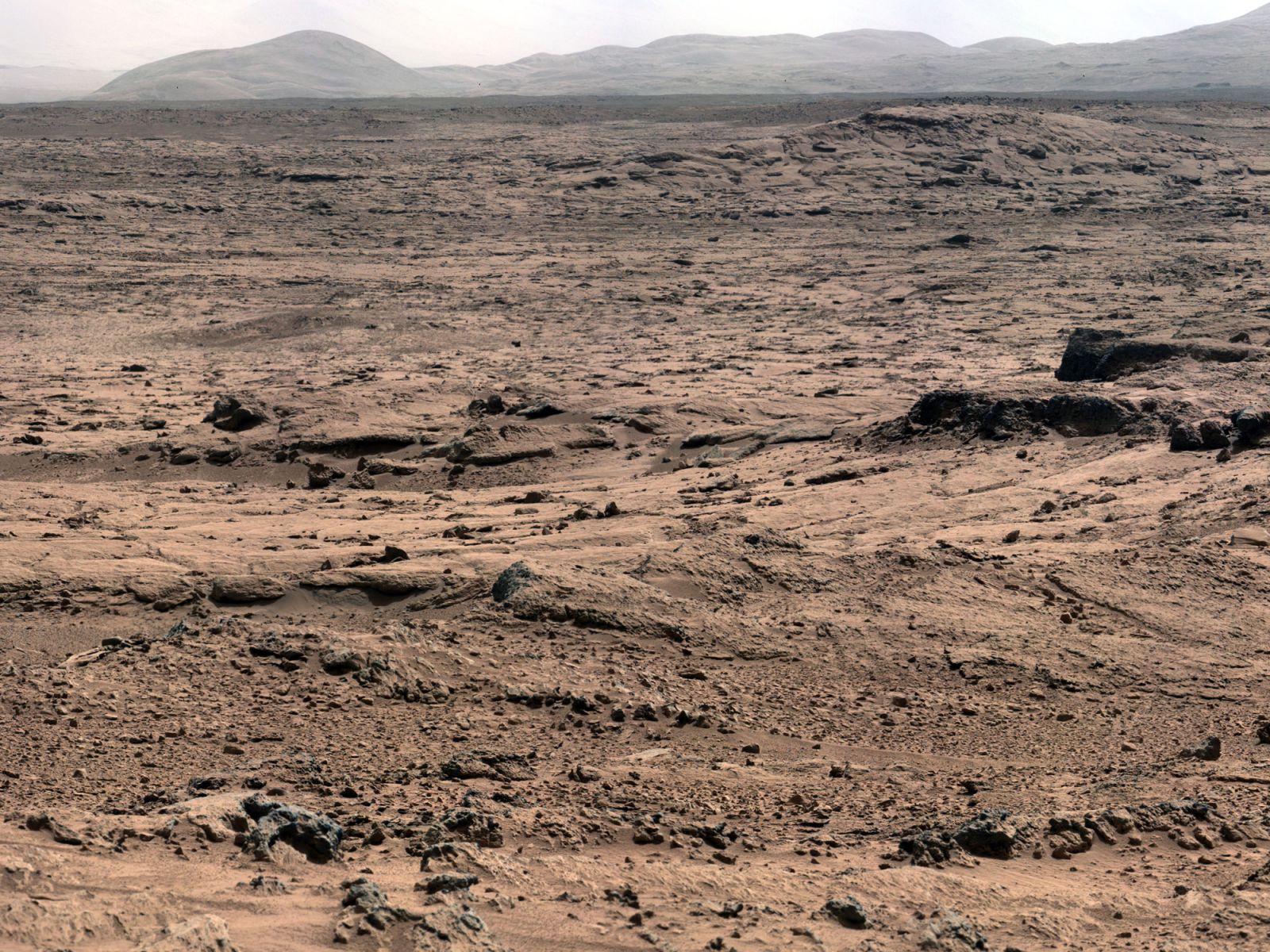
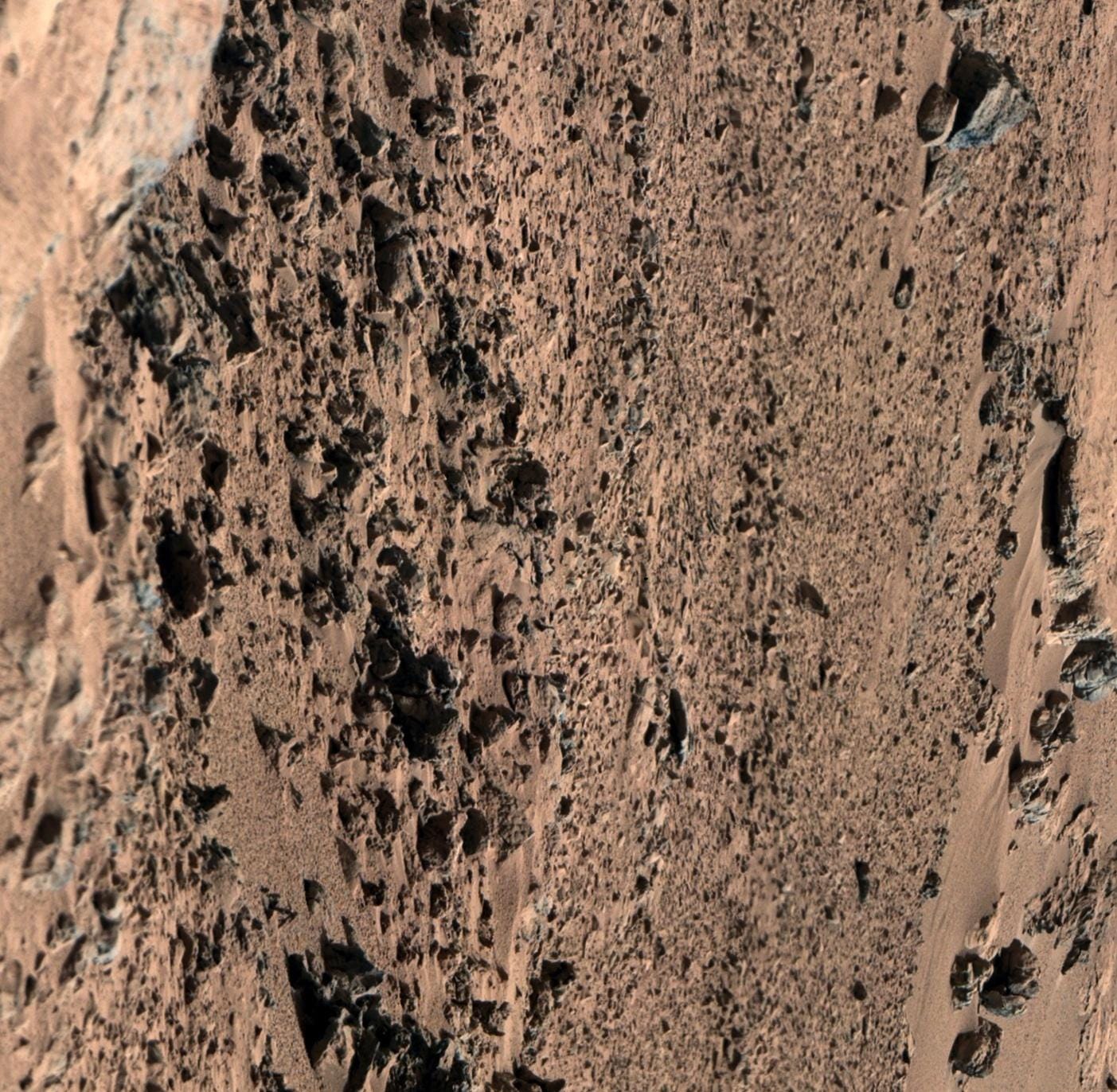
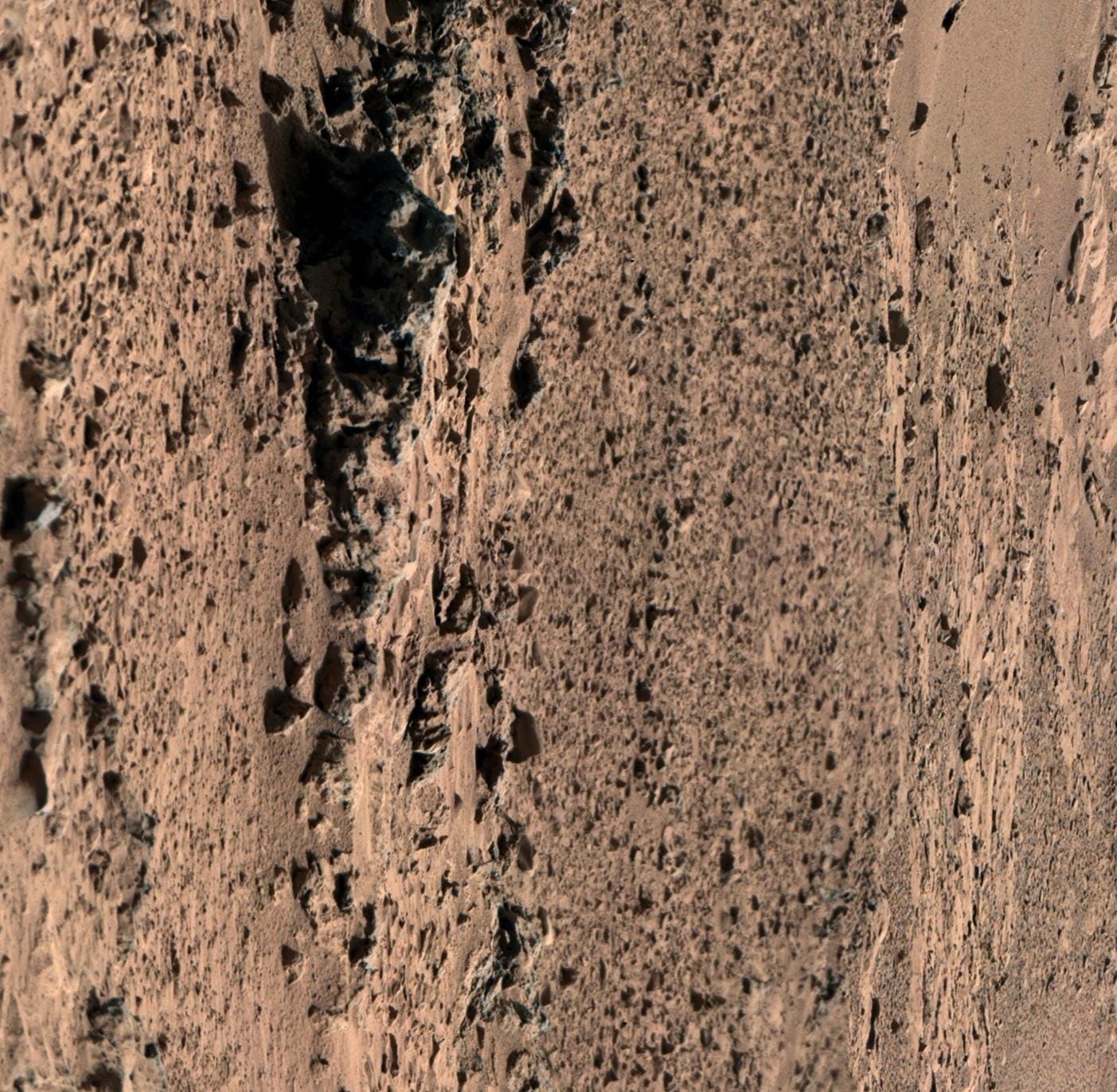
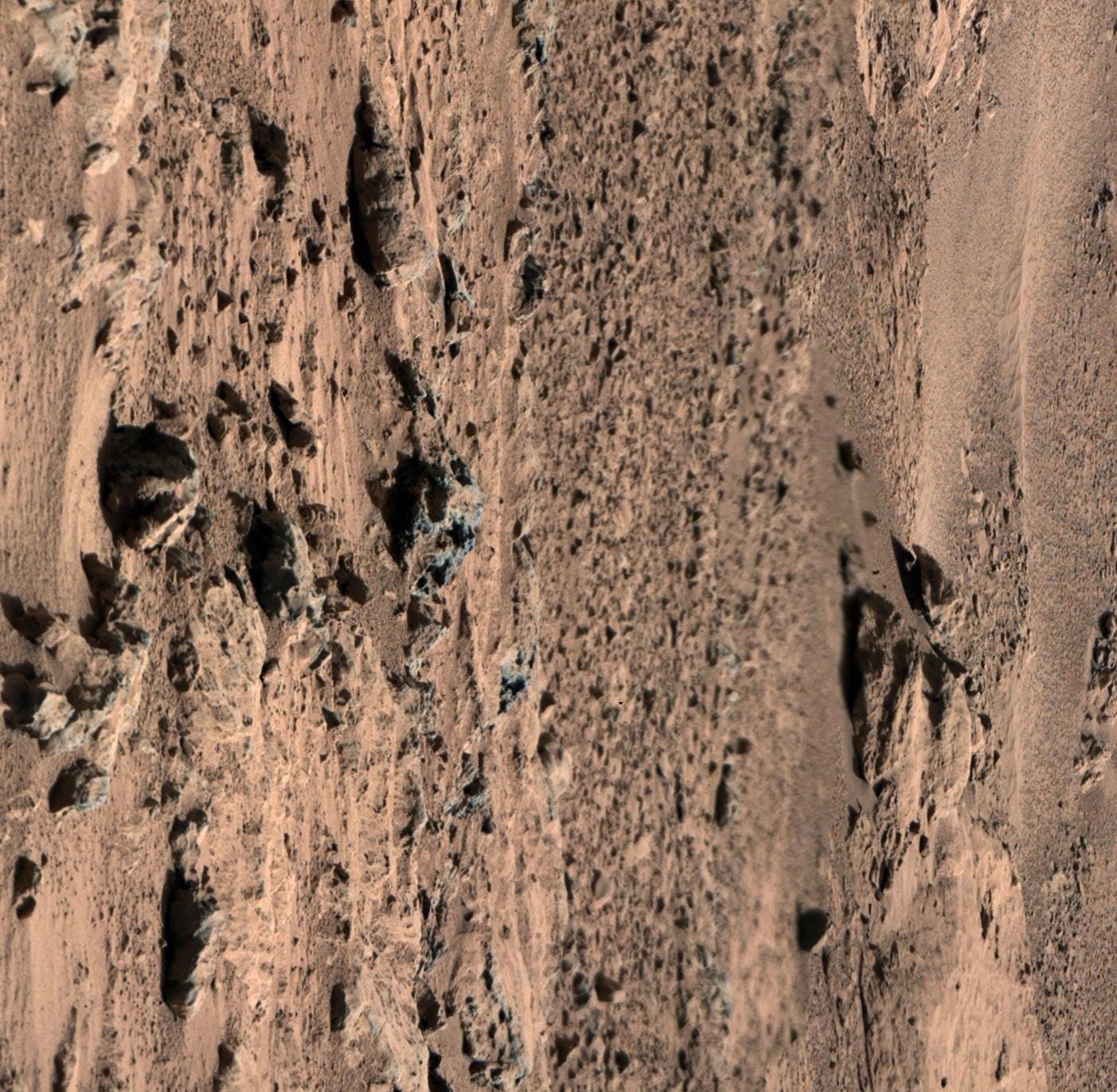
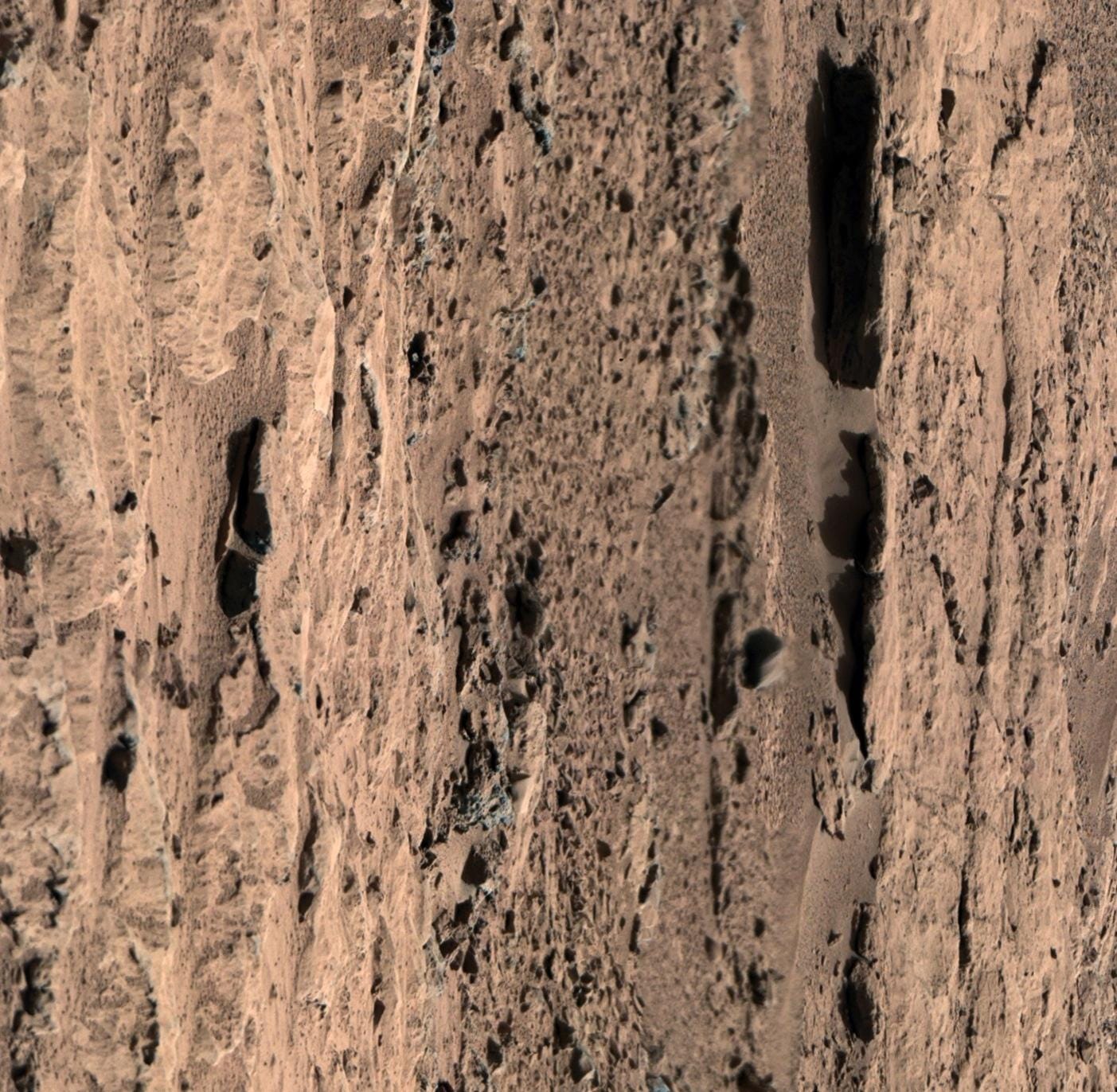
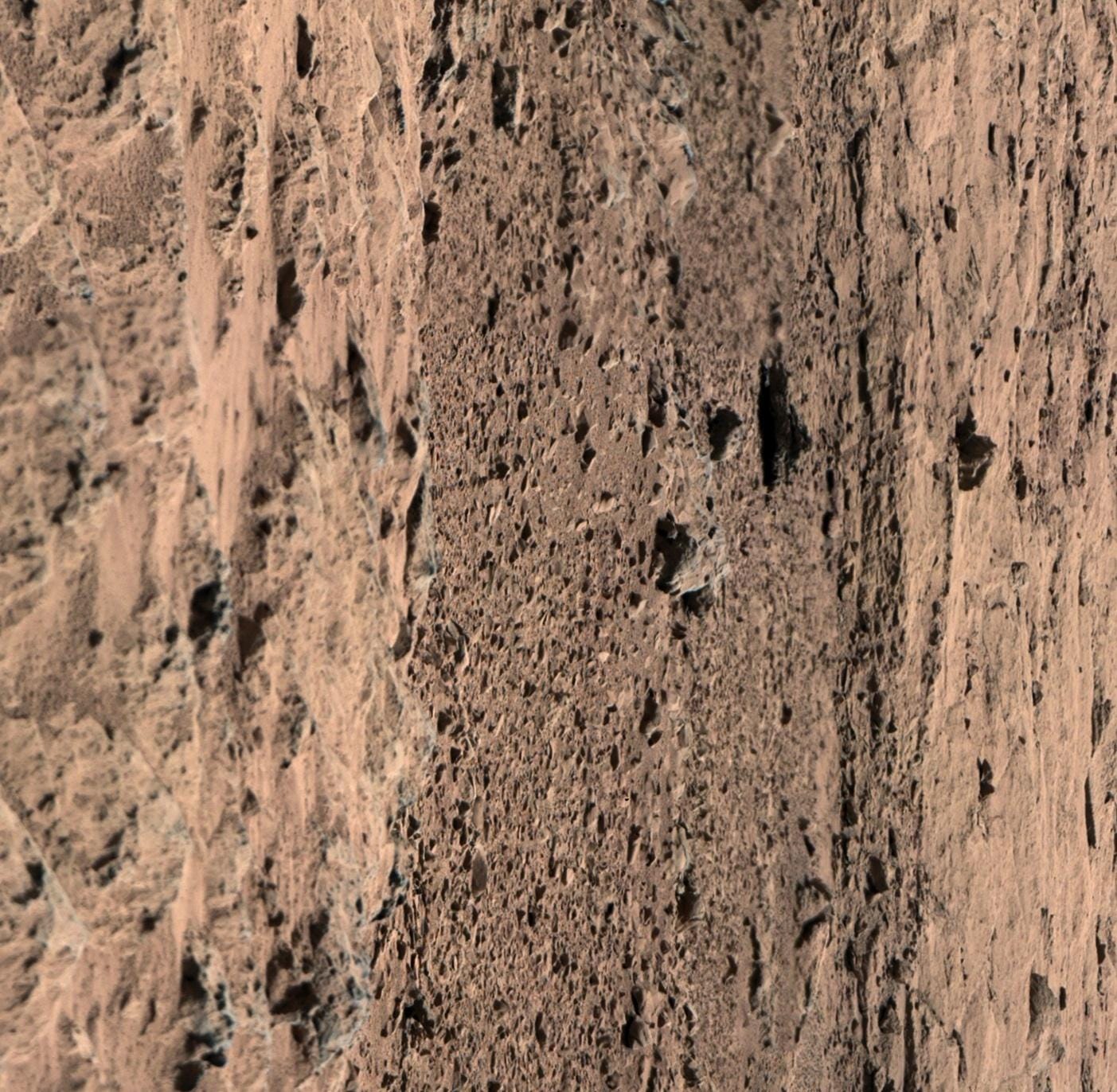
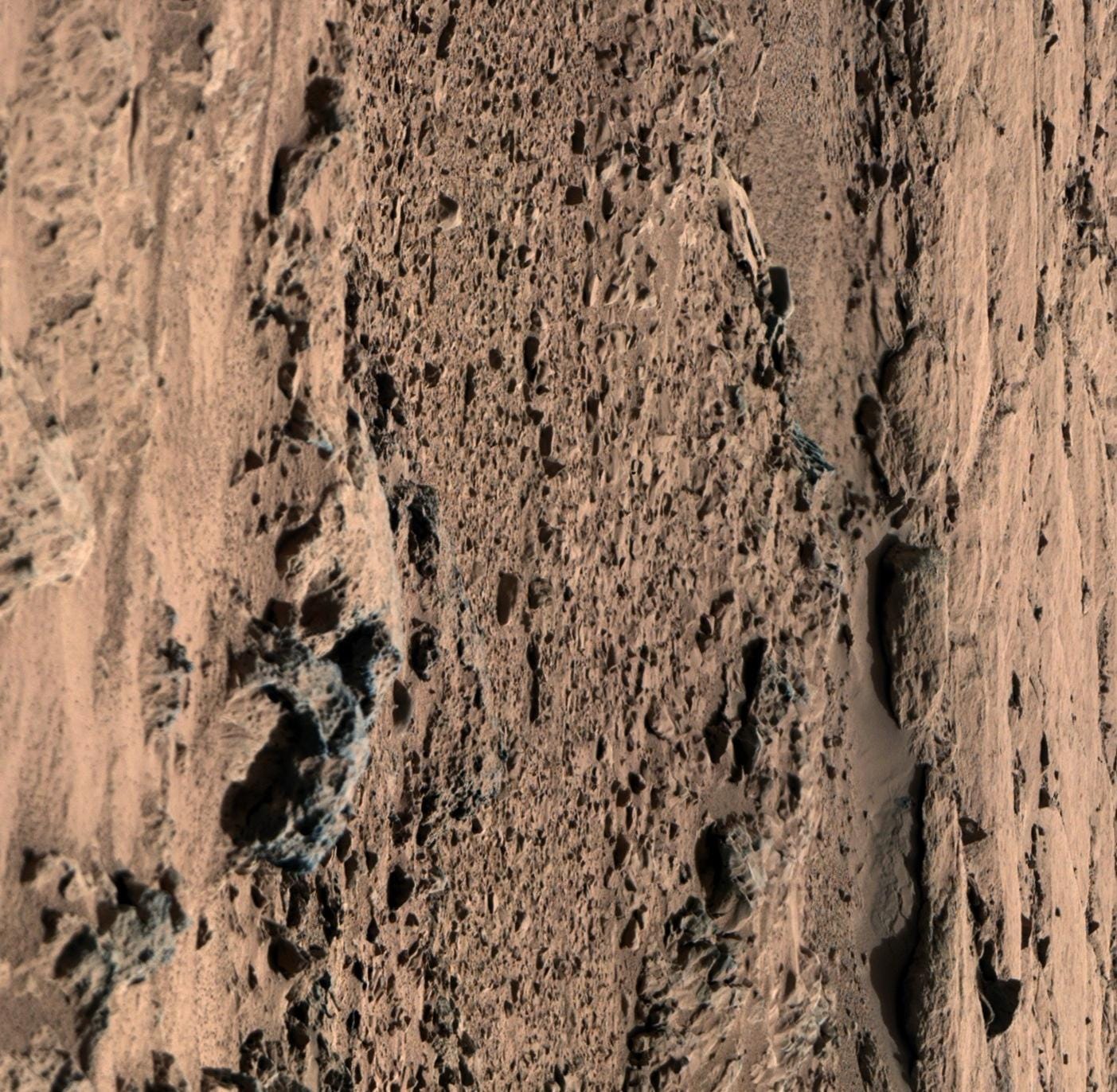
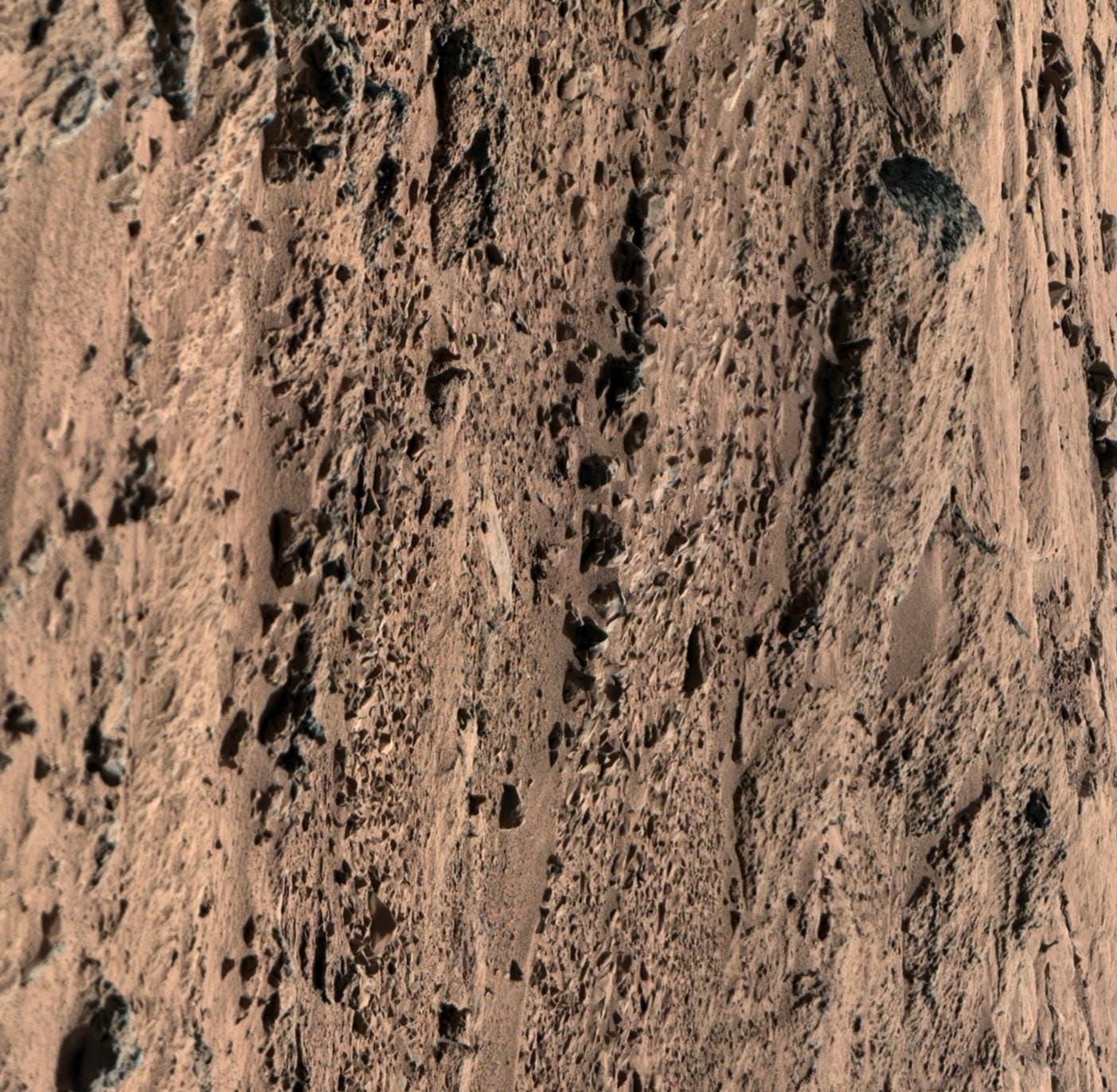
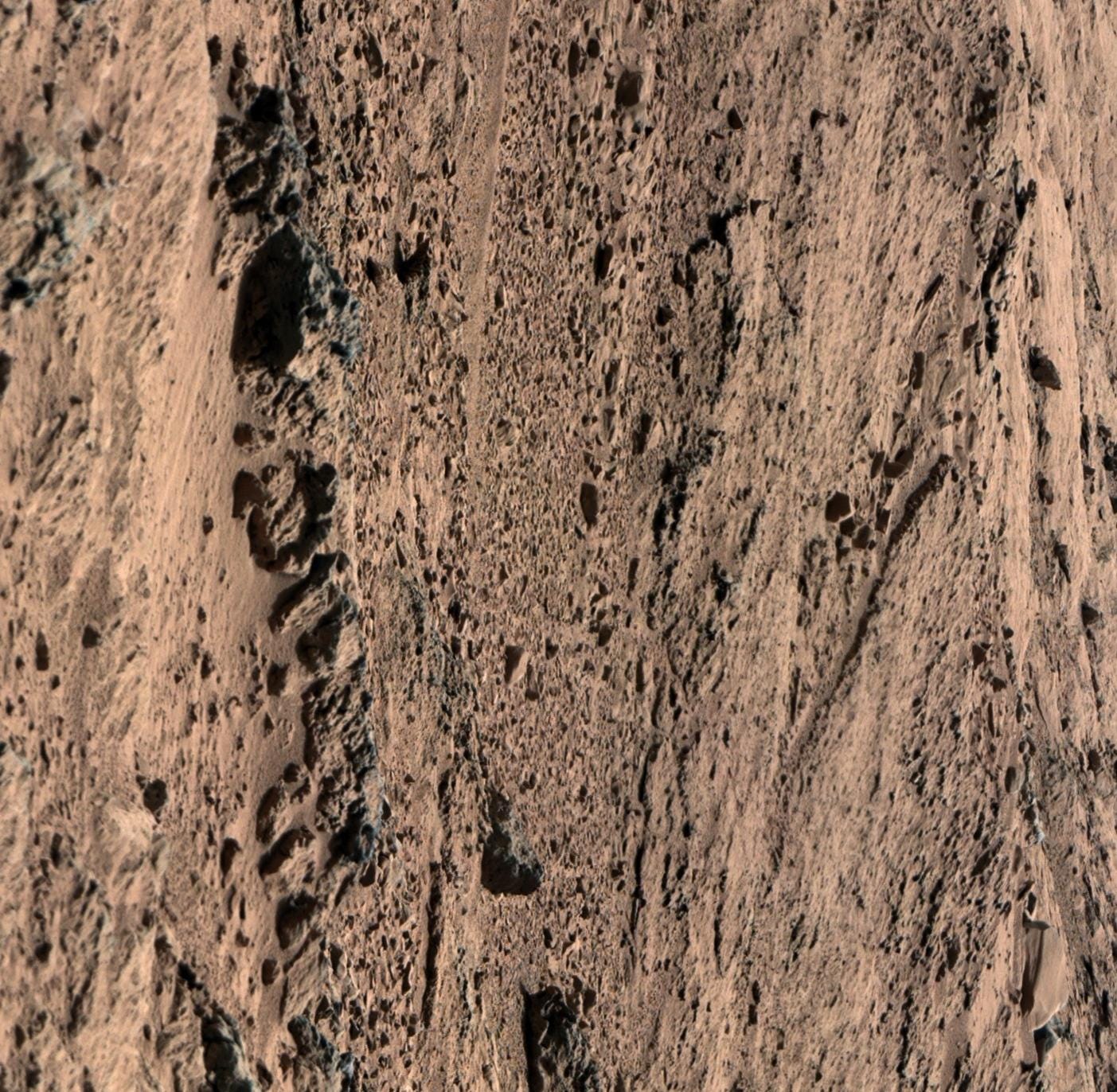
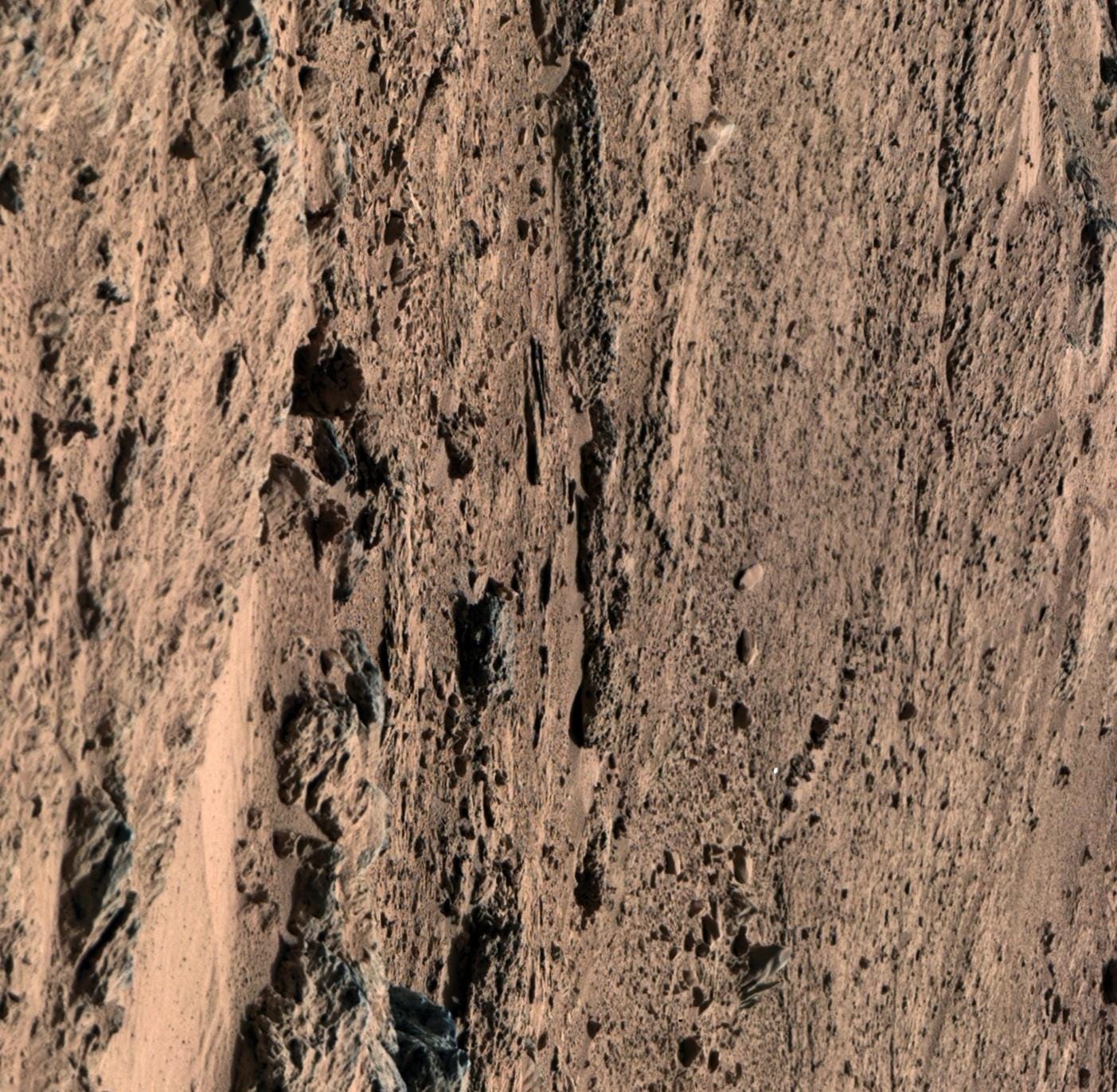
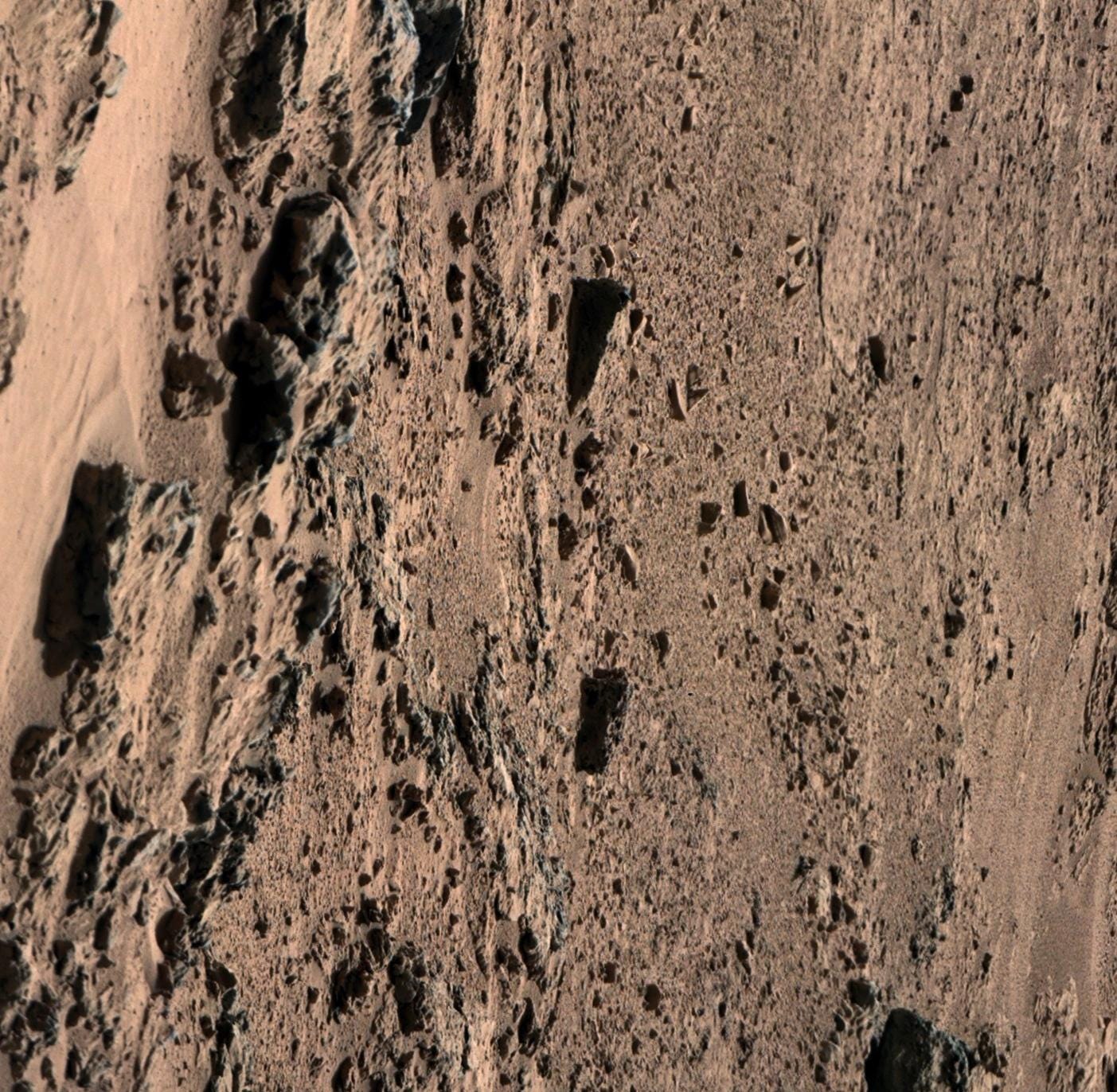
In 2012, Mars Science Laboratory performed the first ever robotically-controlled soft landing on Mars of a spacecraft of such magnitude: nearly half a tonne. Months later, as martian winter approached, Curiosity took full advantage of its state-of-the-art equipment to take the first ever billion-pixel panorama of its location, raw-colored (atop) and color-corrected. The latter format is presented in two chunks, showing the nearby land (above) and the horizon (below), including Curiosity’s ultimate destination: Mount Sharp.
The color-corrected version shows the soils as they would appear if we brought them to Earth, while the topmost version shows how they appear to Curiosity itself on the martian surface. Now nearly three years into its mission, Curiosity continues to reveal details about the geologic, hydrologic and — potentially — biological signatures and history of what might be the first world beyond Earth that humans will colonize.
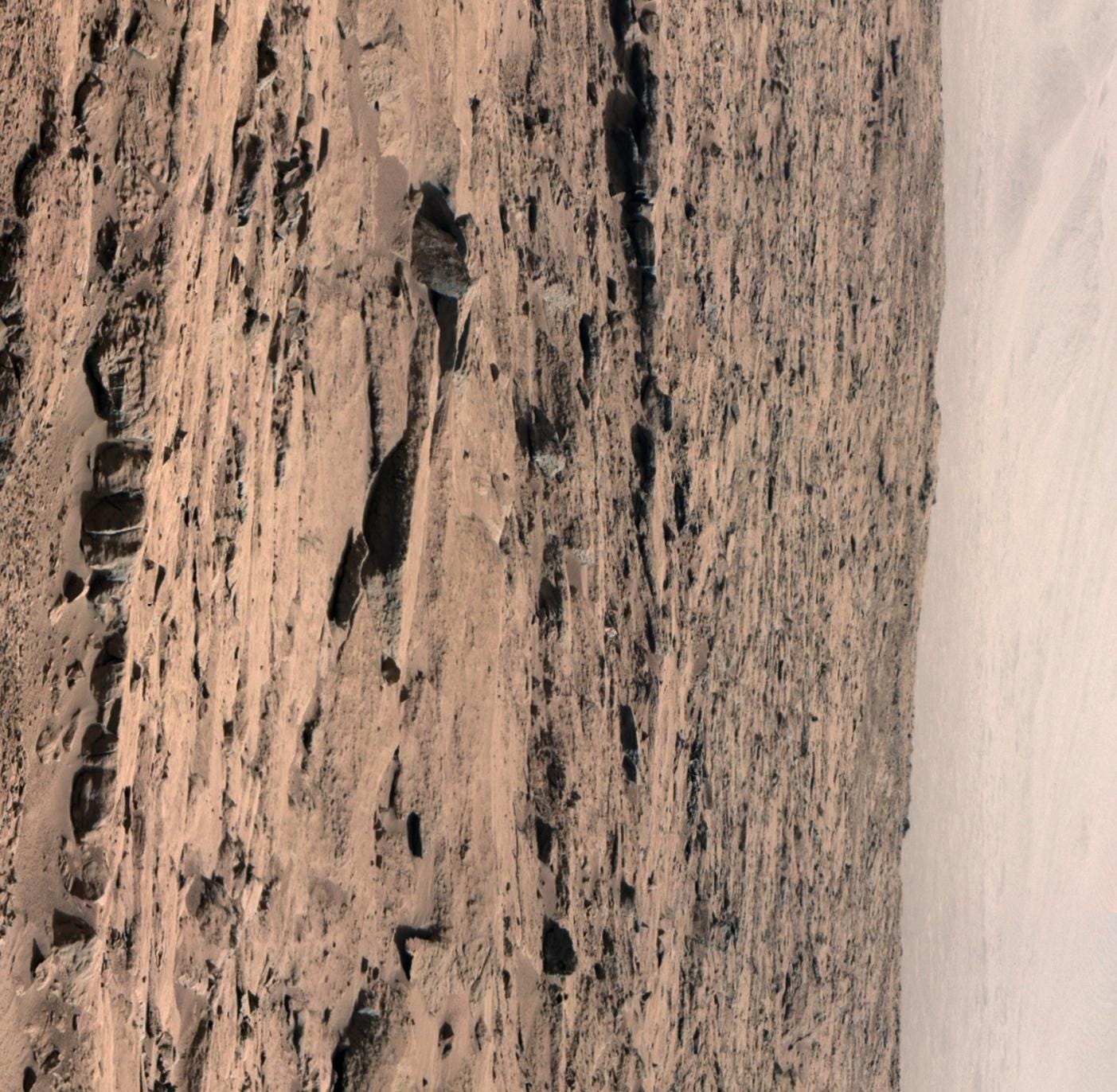
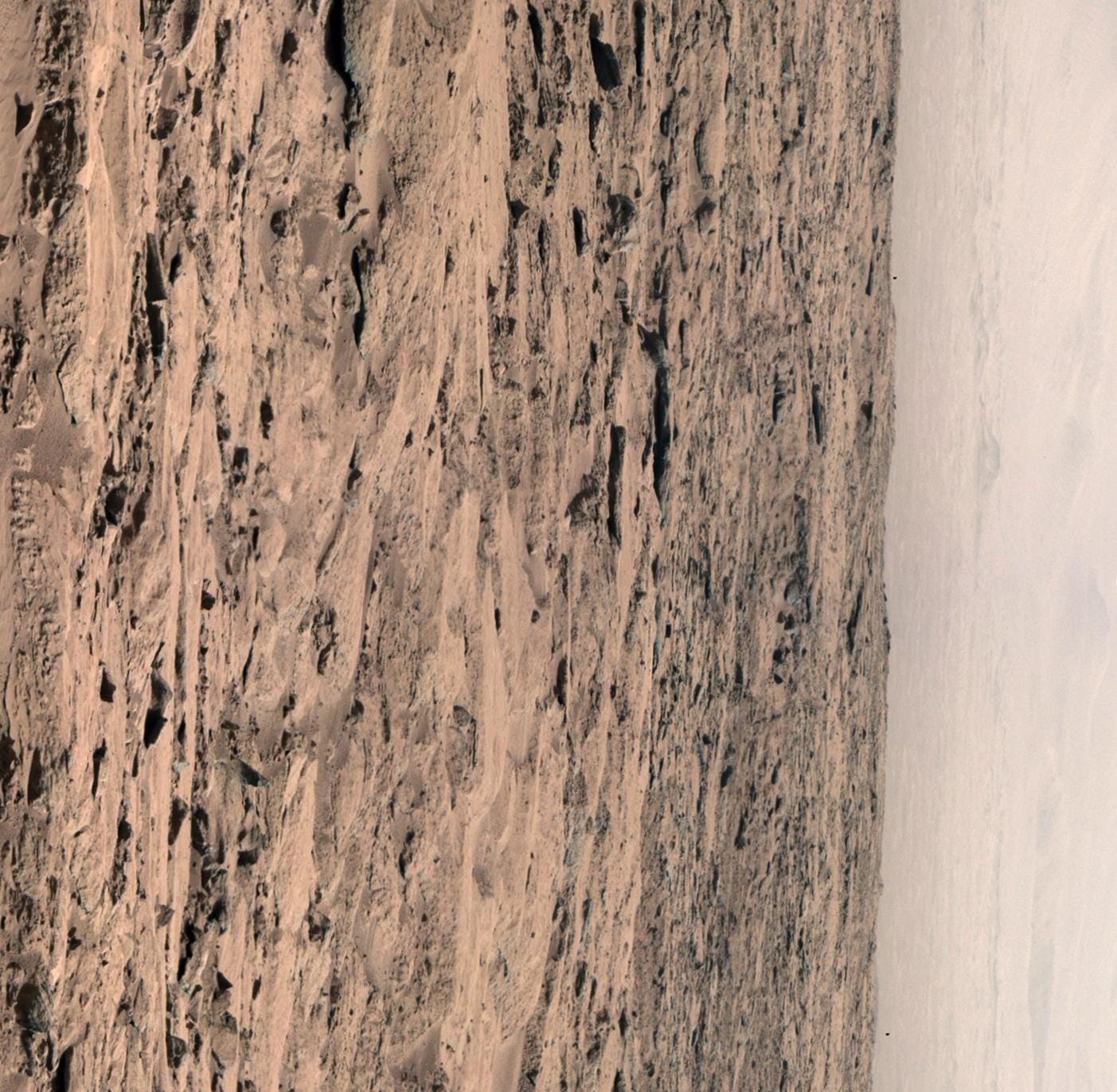
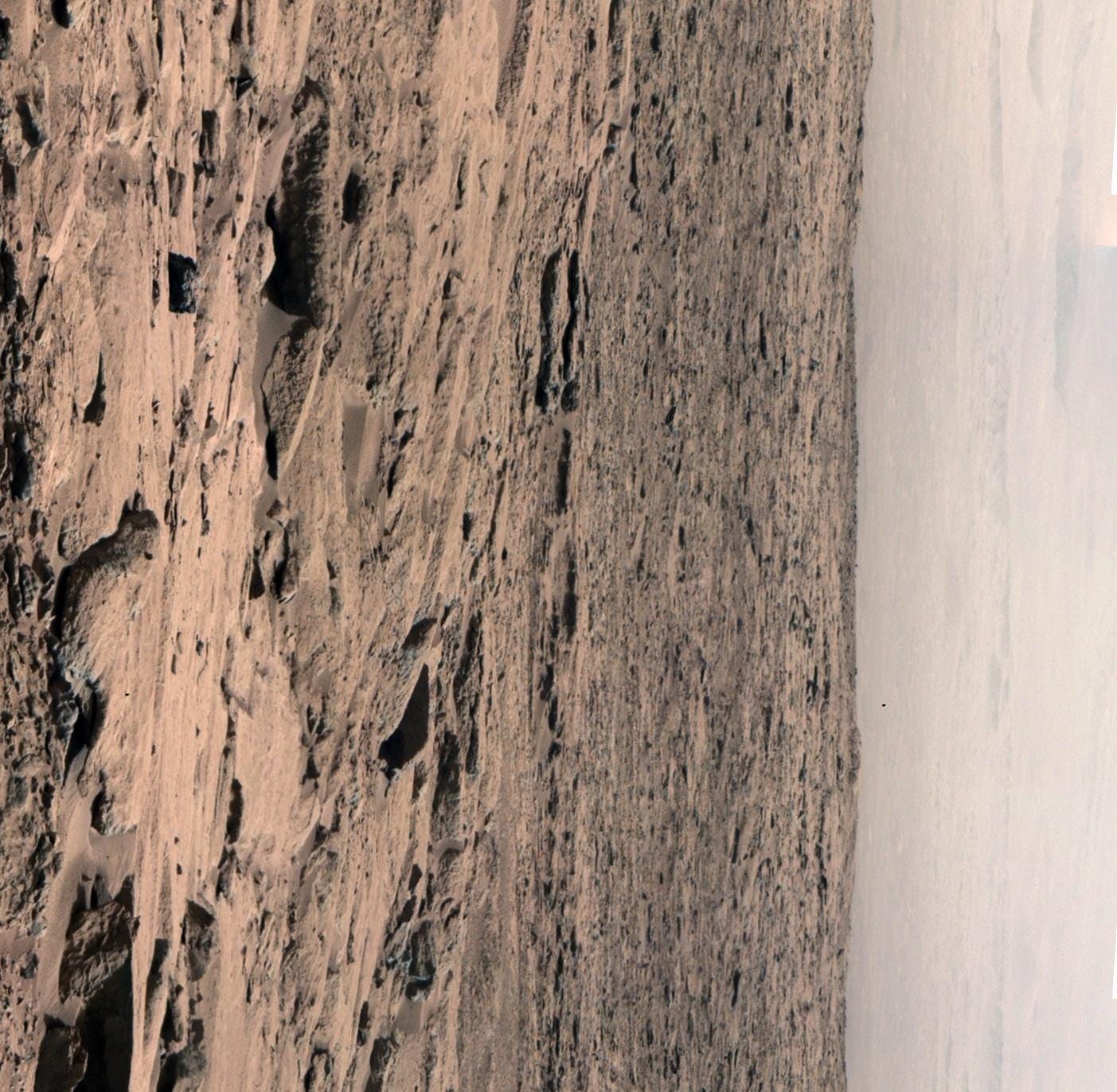
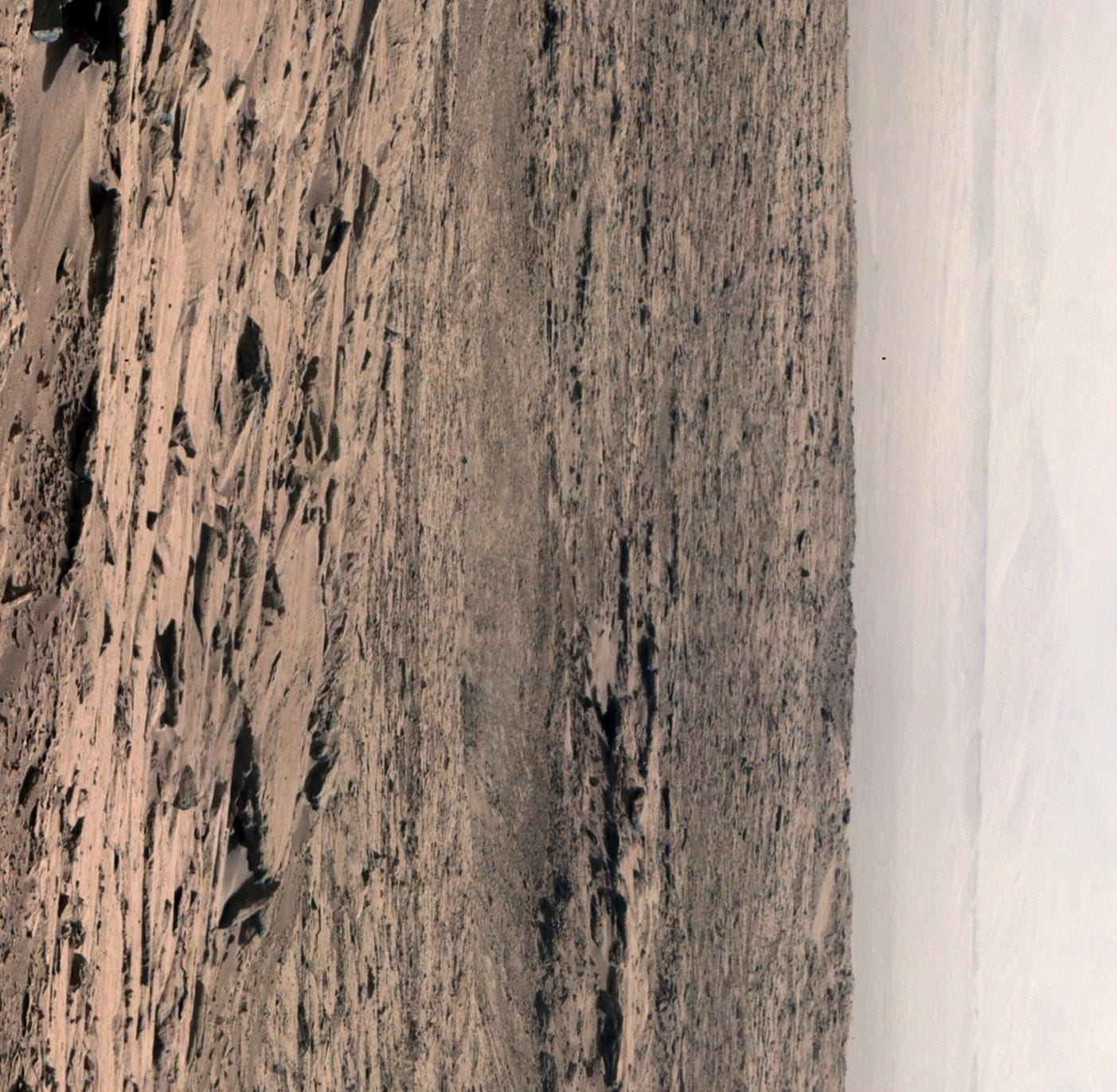
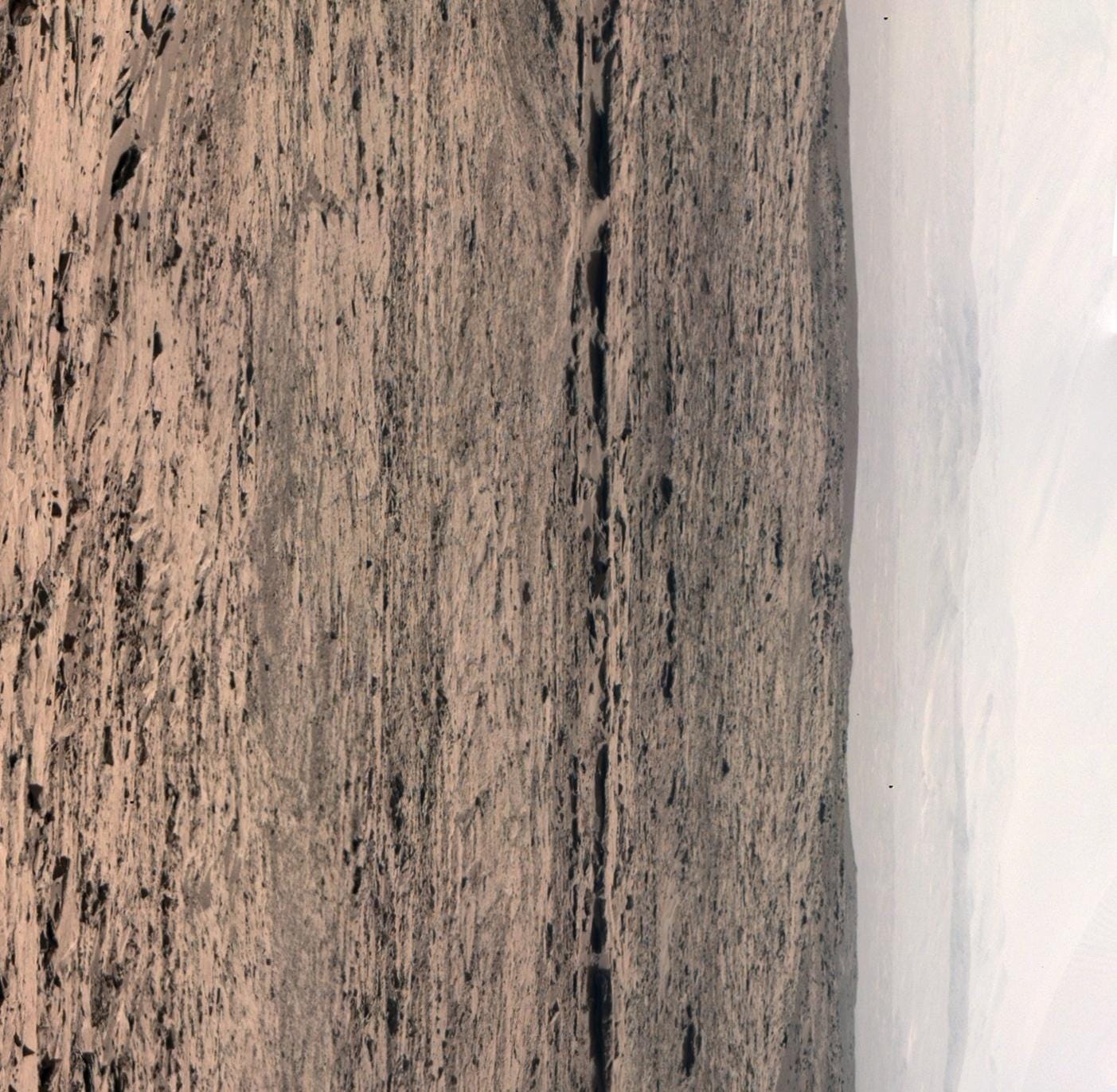
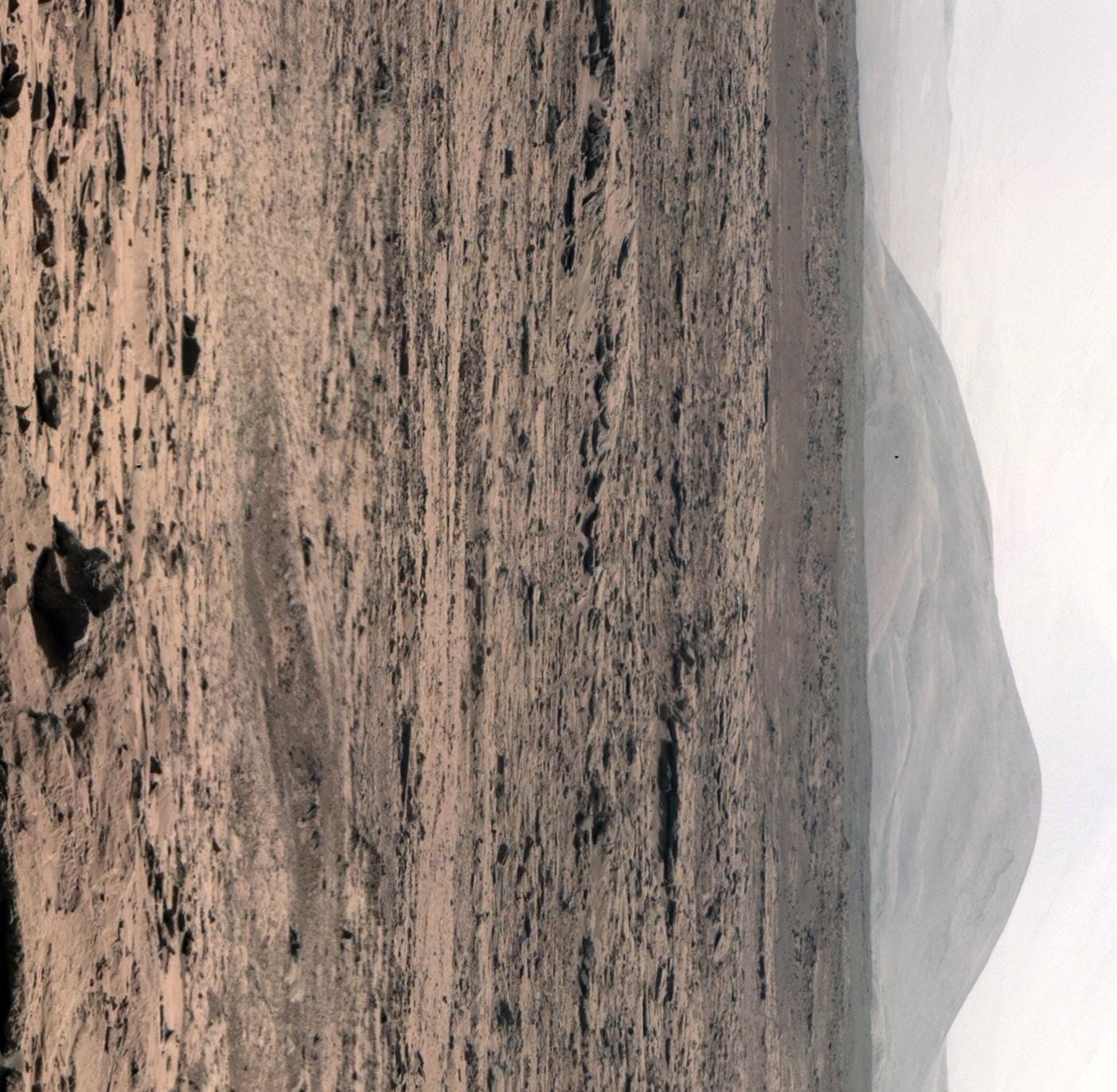
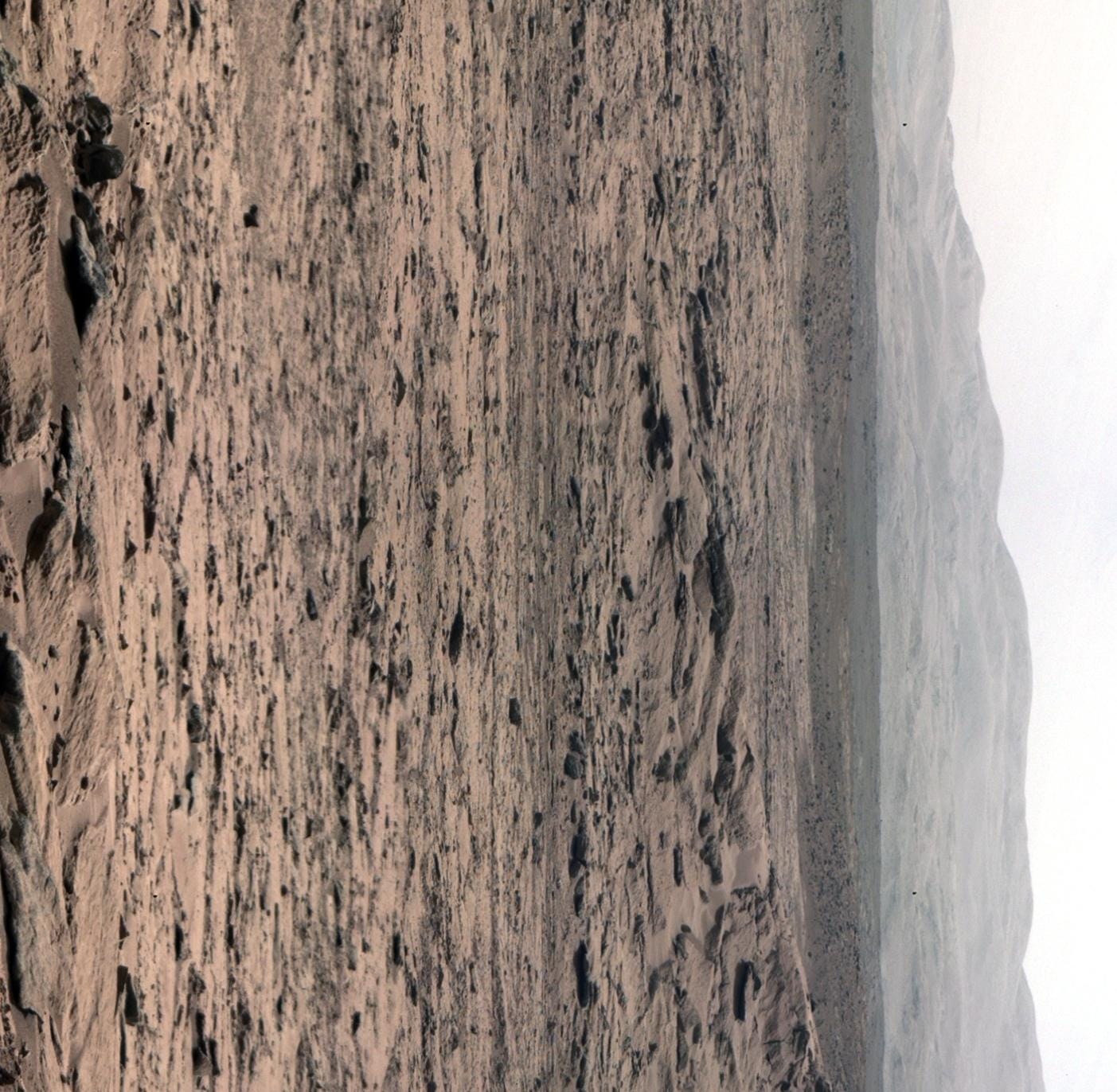
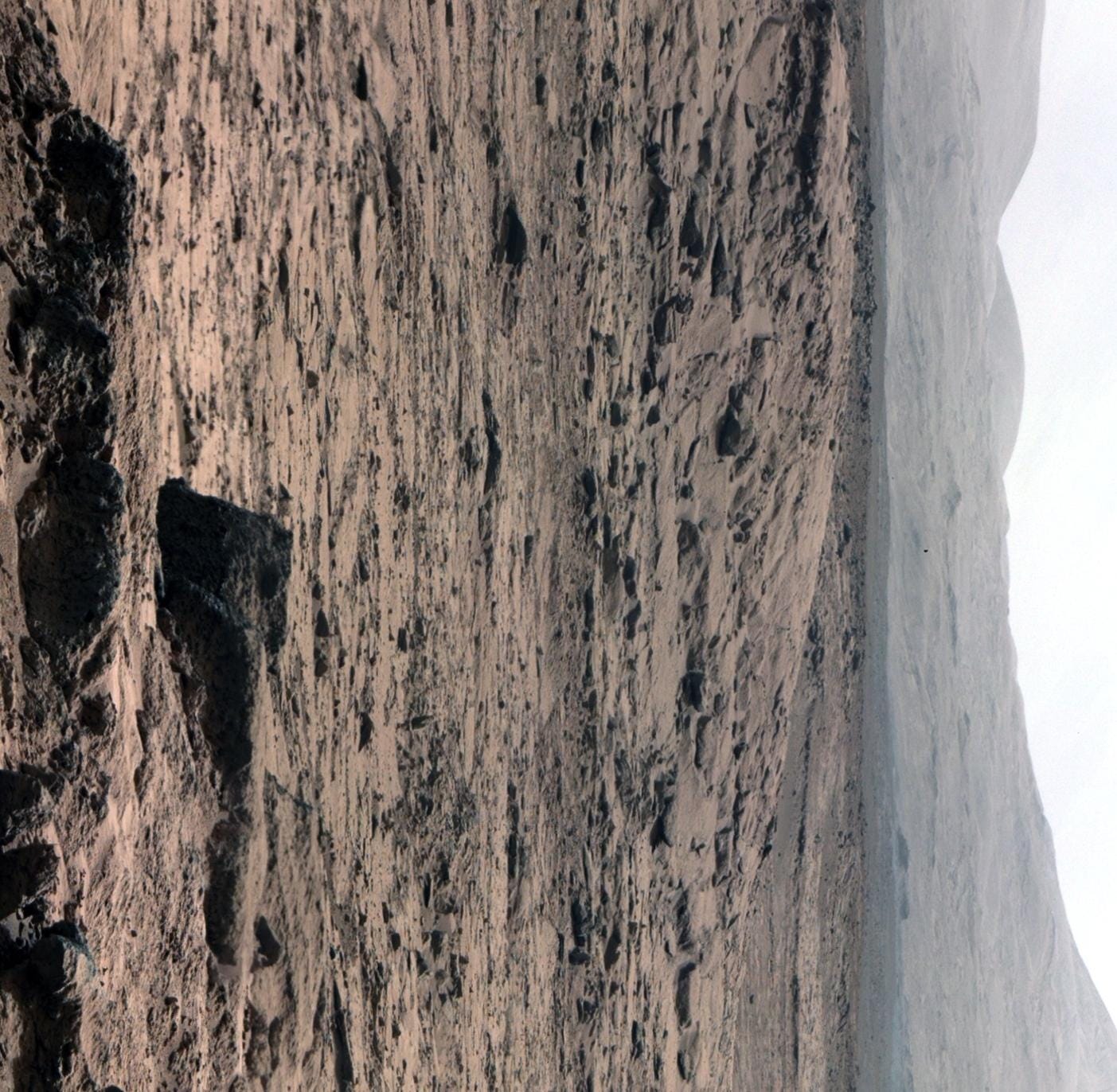
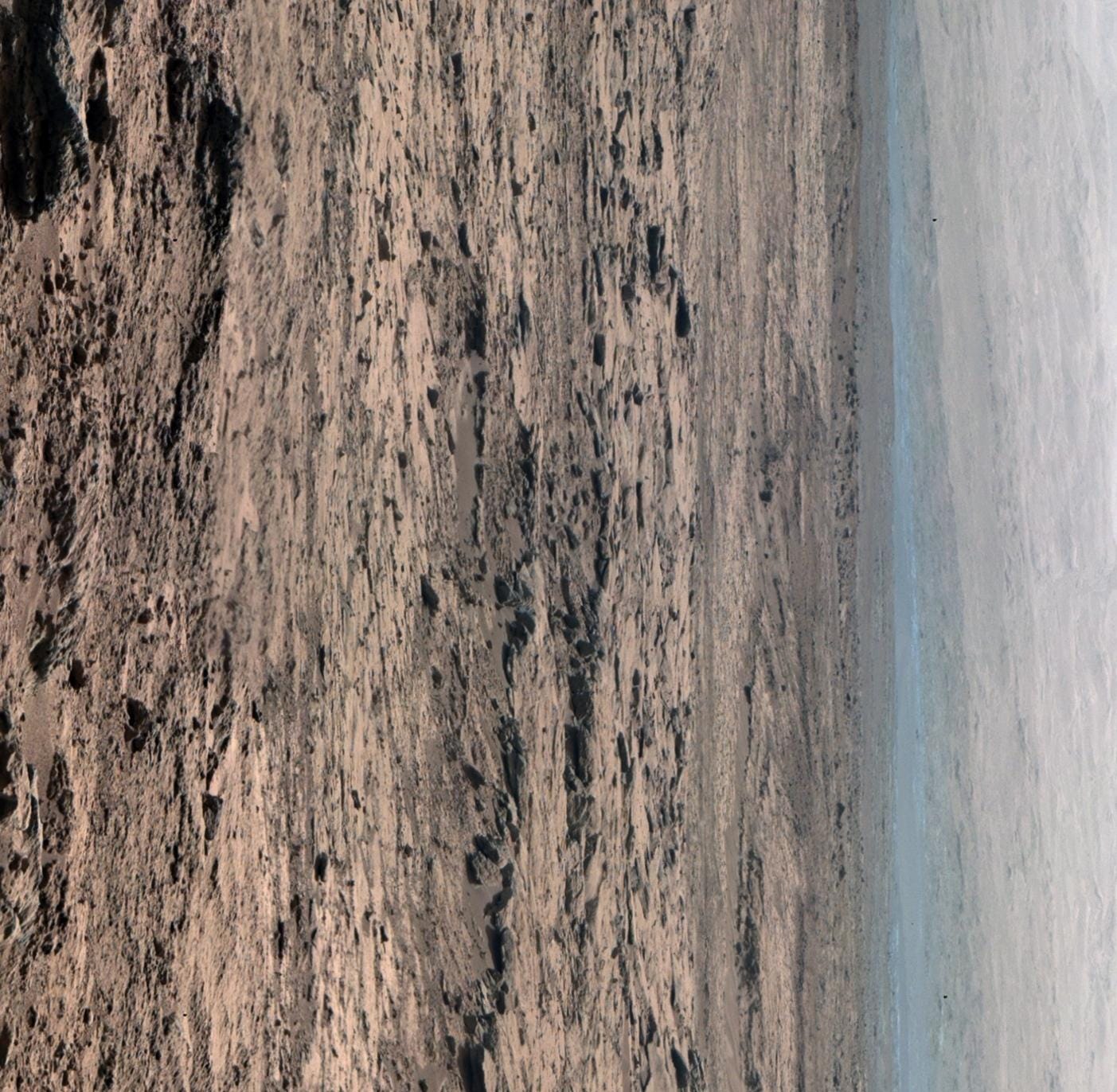
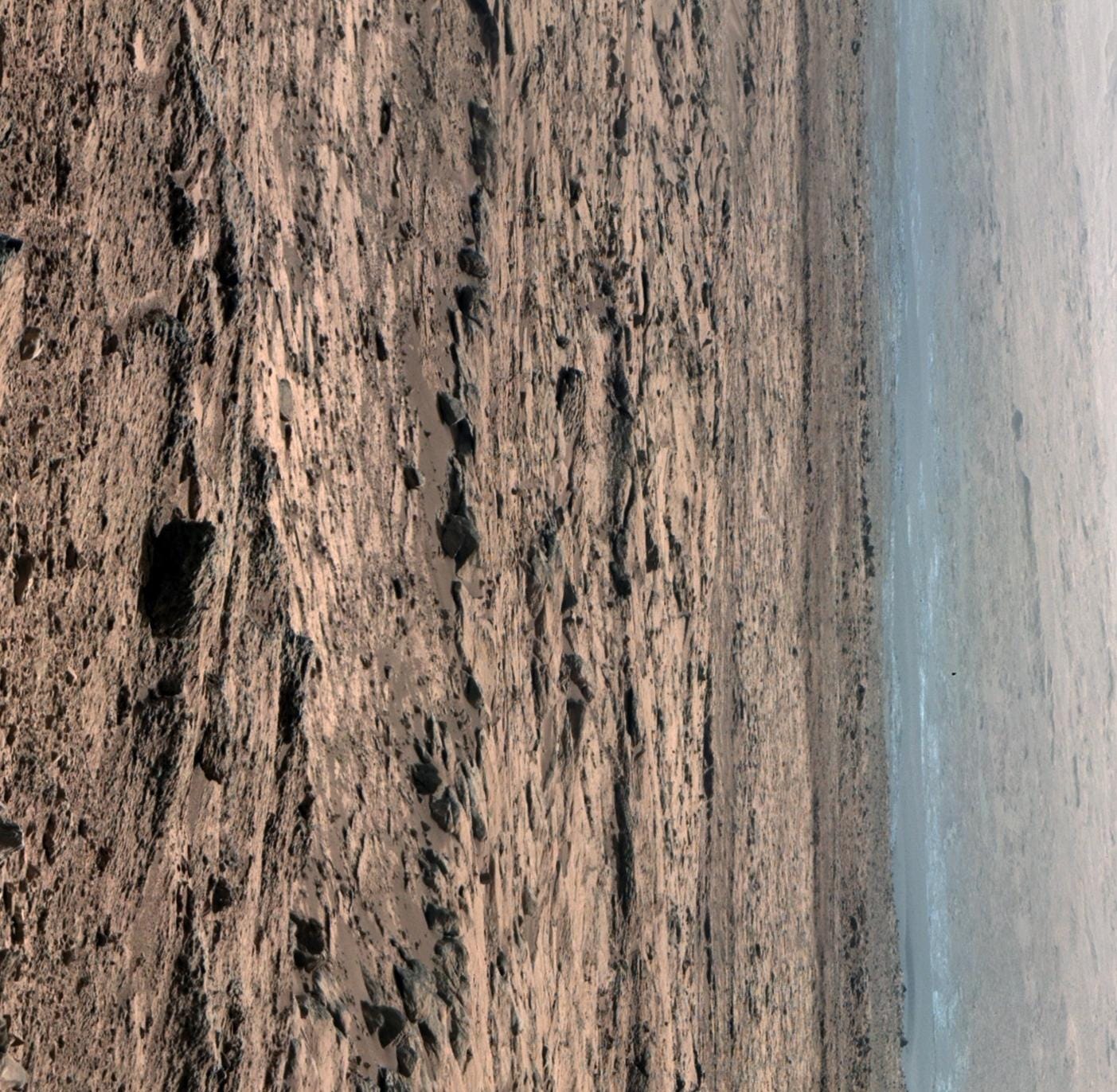
Mostly Mute Monday is an iconic story of space, science and/or the Universe, told through images, videos, and, at most, 200 words.
Leave your comments at the Starts With A Bang forum on Scienceblogs.





